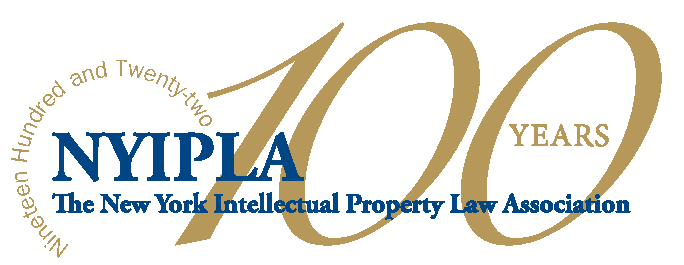NYIPLA Files Amicus Brief with the U.S. Supreme Court in Support of Neither Party in Return Mail, Inc. v. U.S. Postal Service
By Charles Macedo, David Goldberg and Jung Hahm of Amster, Rothstein & Ebenstein LLP, Peter Thurlow of Polsinelli PC, Robert Isackson of Leason Ellis LLP, and Robert Rando of The Rando Law Firm P.C.
On Monday, December 17, 2018, the New York Intellectual Property Association (“NYIPLA”) filed an amicus brief in support of neither party in Return Mail, Inc. v. United States Postal Service, No. 17-1594 (U.S.).
In the proceedings below, the Patent Trial and Appeal Board (“PTAB”) issued a final written decision in a Covered Business Method patent review (“CBM”) proceeding brought by the U.S. Postal Service (“USPS”) as a petitioner, invalidating certain claims of a patent owned (and asserted in the U.S. Court of Federal Claims) by Return Mail, Inc. USPS is a “government entity” as recognized in United States Postal Serv. v. Flamingo Indus. (USA) Ltd., 540 U.S. 736, 748 (2004). The U.S. Court of Appeals for the Federal Circuit (“Federal Circuit”) affirmed the PTAB’s holding that USPS has standing to file a petition to institute a CBM proceeding.
The U.S. Supreme Court granted Return Mail’s petition for a writ of certiorari on the question of whether the government is a “person” who may petition to institute review proceedings under the AIA.
While the NYIPLA took no position as to the ultimate merits of Petitioner Return Mail’s underlying position, i.e., whether the government is a “person” who may petition to institute a CBM proceeding under AIA § 18(a)(1)(B), the NYIPLA argued that it strongly believes that the Court should carefully consider the potential implications of interpreting “person” in Title 35 of the U.S. Code (“Patent Act”) and the AIA as including or excluding the government generally, and then issue only a narrow holding on the scope of “person” under AIA § 18(a)(1)(B) and, if at all, under 35 U.S.C. §§ 311(a) and 321(a).
In its brief, the NYIPLA argued as follows:
I. While the general rule is that “person” should be interpreted to exclude a sovereign, that rule is flexible and must be adjusted to the circumstances of the particular statute. United States v. Cooper Corp., 312 U.S. 600, 604-05 (1941). In the context of the Patent Act, the use of the term “person” is inconsistent and, consequently, the term must be defined in the context of the particular section in which it is used. Reliance upon the general definitions is inappropriate in light of how the definition of “person,” vis-a-vis governmental entities, functions within the context of the Patent Act.
II. The NYIPLA urges that, despite the broad wording of the question presented, the holding in this case be expressly limited to CBMs (leaving the question for IPRs and PGRs open for decision on another day in a factually more appropriate vehicle) and specifically articulate that the Court is limiting its decision to construing “person” for purposes of Section 18 of the AIA.
III. Prior to Congress’ enactment of the AIA, the U.S. Patent and Trademark Office's practice, as reflected in the Manual of Patent Examining Procedure (“MPEP”), was that “persons” who could request ex parte and inter partes reexaminations included governmental entities.
IV. Although the NYIPLA takes no position on the merits of this dispute, it urges the Court to construe the meaning of “person” in the AIA based on the context of each specific provision in which it is used, and consonant with the noted internal inconsistency within the Patent Act, and to avoid any broad pronouncement on the meaning of “person” as generally used in the Patent Act, or otherwise.
The PTAB Committee and the Amicus Brief Committee jointly worked on this submission. The NYIPLA would like to thank Charles R. Macedo, David P. Goldberg, Jung S. Hahm and Christopher Lisiewski of Amster, Rothstein & Ebenstein LLP, Peter Thurlow of Polsinelli PC, Robert M. Isackson of Leason Ellis LLP, Robert J. Rando of The Rando Law Firm P.C. and Ksenia Takhistova of Hunton Andrews Kurth LLP for their time and contributions.
To read the full amicus brief, click HERE.
